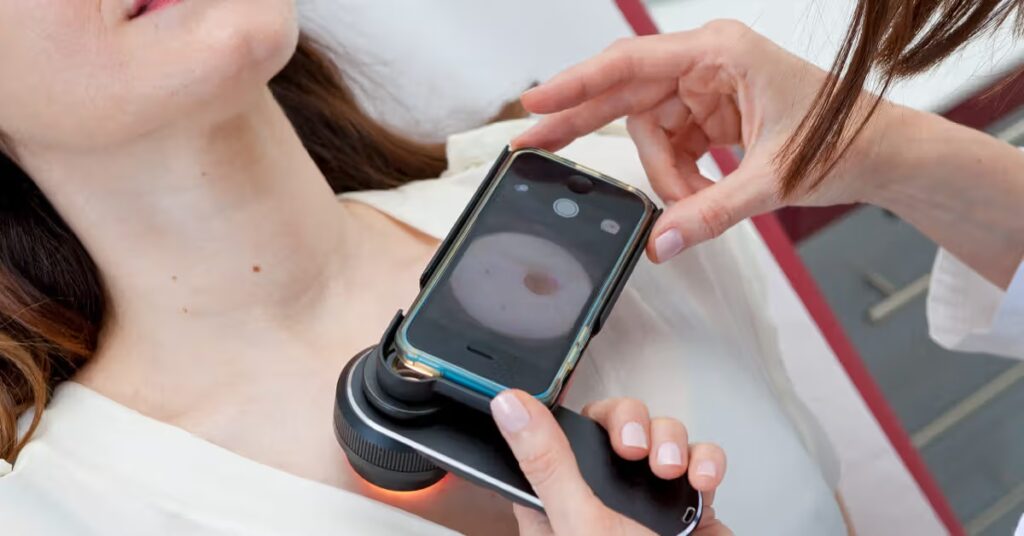When we think of self-care, we often picture skincare, rest days, and maybe a bit of mindfulness. But one of the most powerful acts of self-care is often overlooked—regular cancer screening. Prioritising early detection is not about fearing the worst; it’s about giving yourself the best possible chance to stay healthy and informed.
Whether or not you feel perfectly fine, cancer screening plays a critical role in catching potential issues early, often before symptoms show up. This proactive step can be life-changing, and it’s time we normalize it as part of our wellness habits.
Understanding the Cancer Screening Importance
Cancer can be silent in its early stages. It doesn’t always come with warning signs, especially in the beginning. That’s why screening is so crucial—it helps detect abnormalities long before they develop into more serious problems.
The cancer screening importance goes beyond early detection. It can also help identify pre-cancerous conditions, giving you the opportunity to act before cancer even develops. This means more treatment options, lower healthcare costs, and better overall outcomes.
Common Types of Cancer Screenings to Know About
Depending on your age, gender, family history, and lifestyle, your doctor might recommend different types of screenings. Some of the more common ones include:
- breast reduction surgery Singapore cancer screening, often done through mammograms
- Cervical cancer screening, usually done with a Pap smear or HPV test
- Colorectal cancer screening, which includes stool tests or colonoscopies
- Prostate cancer screening, involving blood tests like PSA
- Lung cancer screening, typically recommended for smokers with a long history
Each of these tests is designed to spot warning signs early. The sooner an issue is found, the better your chances of managing it effectively.
Timing Matters—Know When to Start
It’s easy to put off screening, especially when you feel fine. But age and risk factors should guide your decisions, not symptoms. For example, women are generally advised to start cervical cancer screening in their 20s, while colorectal cancer screening often begins at 50. However, those with a strong family history may need to start earlier.
The best approach is to speak with a healthcare provider who can personalise your screening timeline based on your background and risk profile. Waiting too long can make treatment harder and outcomes less favourable.
Breaking the “It Won’t Happen to Me” Mindset
One of the biggest barriers to regular screening is denial. Many people believe they’re too young, too healthy, or simply not at risk. Unfortunately, cancer doesn’t always follow rules. It can affect anyone, regardless of lifestyle or age.
By embracing regular screening, you’re not just reacting to potential illness—you’re owning your health. This shift in mindset is part of the broader conversation around self-care. You’re not living in fear. You’re planning ahead.
How to Fit Screening into Your Busy Life
Yes, it can feel inconvenient to schedule medical appointments in between work, errands, and everything else on your plate. But screenings are usually quick and done annually or even less frequently.
Many clinics offer early morning or weekend appointments to make things easier. If anxiety is part of what’s holding you back, consider talking with a provider beforehand about what to expect. Knowing what’s coming can ease a lot of the nerves.
Empowering Yourself Through Knowledge
One of the underrated benefits of screening is knowledge. Even if your results are completely normal, that peace of mind is powerful. And if something abnormal is found, early awareness gives you time to explore options, get second opinions, and take control.
You don’t need to become a medical expert to be proactive. Just knowing the basics about the cancer screening importance—and how it applies to you—is enough to take the first step.
Make It a Regular Habit, Not a One-Time Task
Screening is not a one-and-done thing. Just like we revisit the dentist every six months or renew our gym memberships annually, cancer screening should be revisited at appropriate intervals.
Set a reminder, book it alongside your other checkups, or tie it to a specific month each year. Routine doesn’t mean boring—it means reliable. And your health deserves that kind of consistency.
Final Thoughts: Your Health Is Worth the Effort
Self-care isn’t only about feeling good—it’s about doing what’s best for you in the long run. Making cancer screening part of your regular wellness routine is a decision rooted in self-respect and long-term thinking.
You owe it to yourself to prioritise prevention. And if there’s one takeaway from all of this, let it be this: don’t wait until something feels wrong. Be proactive. Your future self will thank you.












